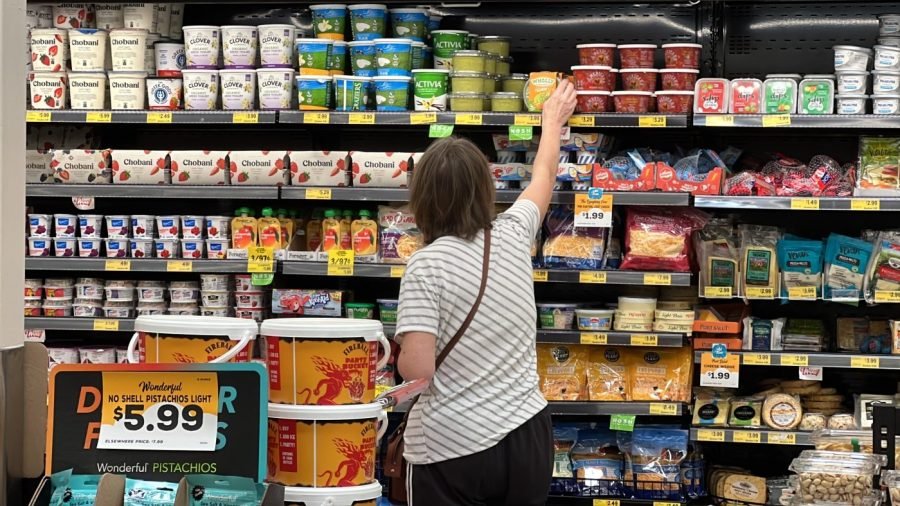
Short-term rental lodgers across the United States may be wasting more than $2.3 billion in food each year, a new study has found.
An average of $12 worth of uneaten groceries, takeout and restaurant leftovers are landing in the trash on a daily basis, according to the study, published in Waste Management.
That sum is about equivalent to 5.1 percent of a nightly rental fee — similar to tax rates applied to lodging in many locations, per the research.
BestReviews is reader-supported and may earn an affiliate commission.
Amazon Prime Day Deals

“So people are basically paying an additional lodging tax through the money they spend on food that they never eat while they’re in the Airbnb,” lead author Brian Roe, a professor in agricultural economics at the Ohio State University, said in a statement.
To draw their conclusions, Roe and his colleagues conducted an online survey of 502 U.S. adults who reported on their most recent trip to an Airbnb, Vrbo or other short-term rental during the past year.
Almost all respondents said that their stays were for vacation purposes, while just 3 percent reported taking a business trip.
By combining statistical analyses with relevant national data, the researchers projected an annual estimate of up to $2.3 billion spent on food that was not consumed by the end of these vacations.
Travelers tended to pay about $231 per night for lodging, generating $12 in waste food per night: $7 in groceries and $5 in items prepared elsewhere, per the study.
About 80 percent of travelers reported eating at least one meal per day in the rental, and 6.3 percent said they ate in for every meal. Spending on groceries in general added up to an average of $34 per day, the data showed.
When children were present at the rental, there was a greater amount of uneaten food remaining at the end of the stay, the authors found.
Nearly half of the respondents said they throw away more food when traveling than they do at home, while just 21 percent reported greater food waste at home.
Produce and pantry staples topped the charts of most discarded vacation groceries, according to the study.
Guests reported that about 46 percent of hosts provided them with an opportunity to recycle and more than 20 percent gave instructions about what to do with uneaten food.
Although food waste may currently be piling up at short-term rentals, most travelers expressed a willingness to receive information from their rental hosts about composting and donating uneaten food.
“There’s some interest among travelers to try to reduce their footprints,” Roe observed.
Building off that interest, the researchers suggested that local and regional short-term rental host associations could help individual hosts to include information about compost and donation options.
Peer-to-peer platforms like Airbnb and Vrbo could also consider integrating food waste as additional criteria, alongside a publicly identifiable tag of “sustainable hosts,” the authors noted.
“One can imagine this as a simple addition to a host’s information booklet — probably a very doable implementation,” Roe said.
“And if that knocked that $2 billion number down to $1.5 billion, that’s half a billion dollars less each year of wasted food,” he added.






